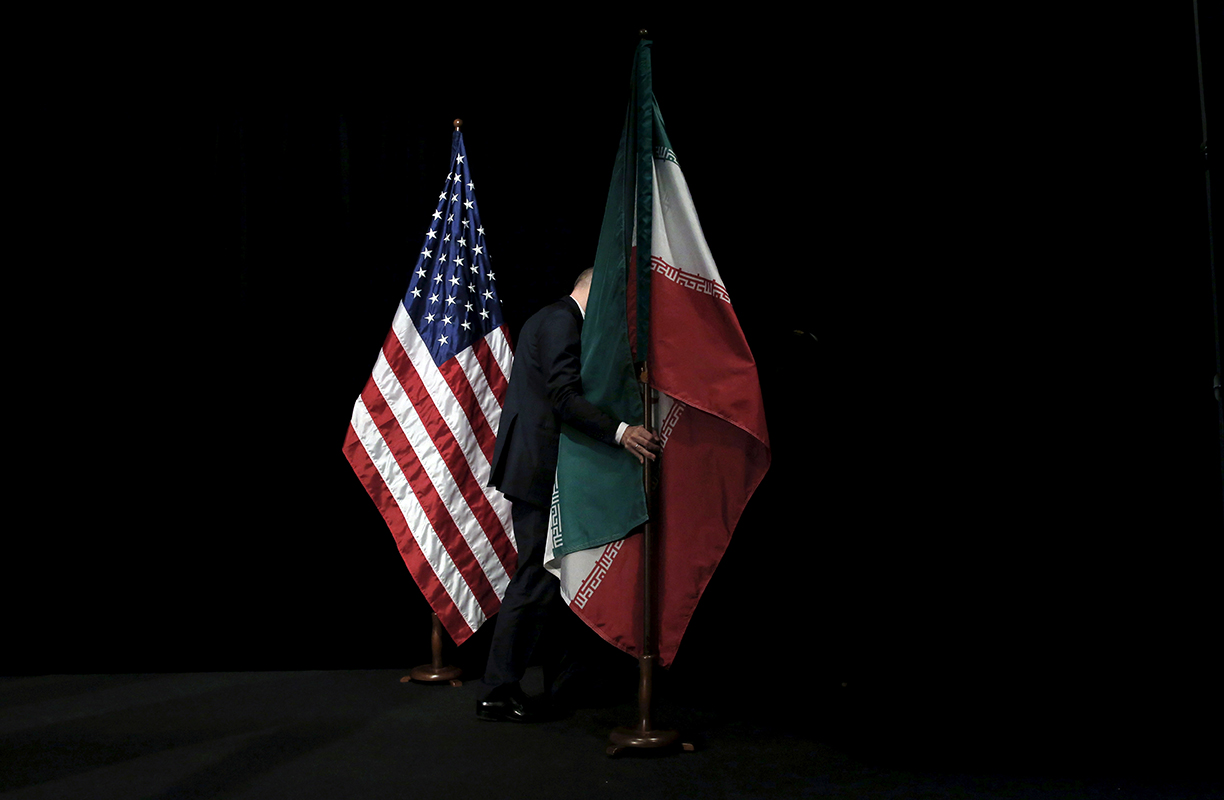The extent of my knowledge about the deal is limited, but what i do know is 1) Israel and pro-Israeli politicians in the US were strongly opposed to the Obama deal
This was mostly a rhetoric endeavor meant to ensure that the USA regime wouldn't stop at the JCPOA but would keep up the pressure on Iran until JCPOA's II and III are agreed upon, in other terms until Iran is stripped of her main instruments of deterrence.
Another thing to know is that the goal pursued vis à vis Iran by so-called hawks and doves in Washington or Tel Aviv is identical. What they might differ upon are the means best suited to achieve that aim. This was actually admitted to a couple of years ago by a group of leading Democrats party members in a joint declaration they signed, stressing how their aims overlap with those of their Republican counterparts when it comes to Iran.
Advocates of so-called negotiations with Iran placed faith in the process inaugurated by the JCPOA as a way to gradually disarm Iran. They believed the liberal factions in Iran would be able to maintain enough influence to go along until the planned process is concluded. By contrast critics of this approach were wary that Iran might end up benefiting from sanctions relief without actually giving up her key defensive assets, postulating that revolutionary factions in Iran would preserve the upper hand in this regard. The final objective however was still a shared one.
Also I can assure you that zionists are even more dissatisfied with Iran stockpiling 60% enriched uranium like she's doing now that the JCPOA is void.
2)During the relief period, Iran was able to sell oil at market price instead of having to sell it clandestinely to China at a discount , though Iran did not get enough time/technical help to ramp production back up to peak levels before the
Oil does not make up the bulk of Iran's revenues anymore. Also as said, trade with Iran in general continued to be vehemently obstructed by the USA and its secondary sanctions, not to mention agents of the Washington regime directly threatening business entities in Europe and elsewhere to refrain from dealing with Iran or else.
3) Israel is strongly opposed to the deal being resumed. I am not sure why Israel would lobby so hard to sink the deal if Iran is not going to get anything out of it.
See above. The alternative to the JCPOA was Trump's so-called "maximum pressure" campaign. What exactly did the zionists get out that?
Zionists labeled the JCPOA a "bad deal" because the zio-American intention from the outset had been to toughen its terms for Iran and to go on neutralizing Iran's missile power and regional alliance system.
The JCPOA was a slippery slope, an intended (from the zio-American perspective) springboard towards follow-on deals which would have seen Iran part with much of her defensive and power projection tools.
Had it not been for an institution called Supreme Leadership, as well as one called IRGC, politicians in charge back then would have ceded so much during negotiations that Netanyahu himself would have ended up calling it the best deal in history.
One needs to separate instrumentalized rhetoric from actual policy here, while taking into account the dynamics underlying the JCPOA.
Here some instructive reads related to the subject:
For Israel, new Iran deal perhaps better than no deal at all
https://www.al-monitor.com/originals/2022/04/israel-new-iran-deal-perhaps-better-no-deal-all
Why Israel (Sort of) Misses the Iran Deal
Given the nuclear program’s advancement under the U.S. maximum pressure policy, a raft of Israeli officials now say the JCPOA was better than nothing—but rejoining it will be difficult.

www.washingtoninstitute.org
It just wasn't your turn.
The USA regime never waited this long before putting into practice plans for military attack on another country.
Iran had been included by Bush junior among his so-called "axis of evil". Nations on that list was subjected to wide scale aggression save two: Iran and Korea. Because both of these are too hard to crack.
Then he's wildly overestimating Iran's capabilities. It's not even a question of strength. You couldn't even find an American carrier group let alone destroying it.
What's this have to do with the question at hand? If you want to comment on the article, read it.








